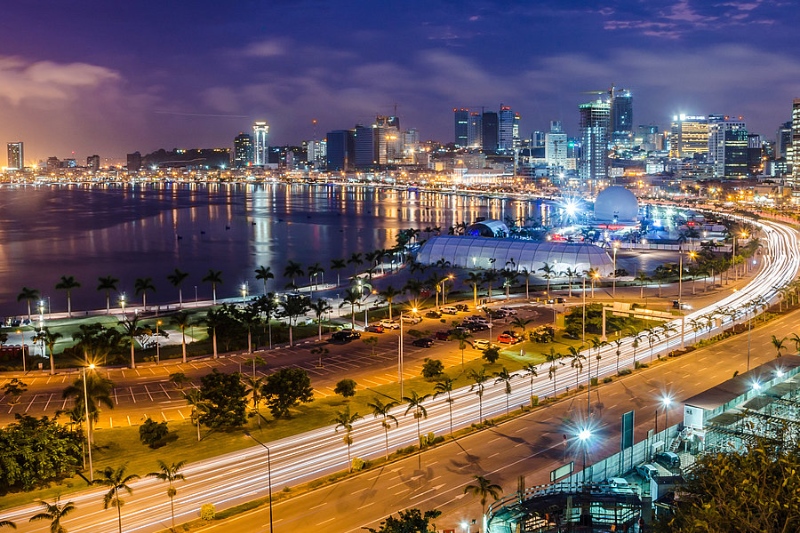Philosophy may reveal facts and provide a solid foundation for growth, leading to coherent and rich civilizations. “Philosophy should be an energy; it should find its aim and effect in the amelioration of mankind,” Victor Hugo correctly observed. In Africa, politicians have ignored philosophical ideas and their effects on society’s growth, therefore this promise remains unfulfilled.
Crisis management across development
Rather than encouraging a shared consciousness to propel regional integration and economic convergence, African governments are usually consumed with crisis management. The continuation of colonial development paradigms based on resource exploitation, which are detached from Africa’s past and future ambitions, aggravates this obsession. These models have caught the continent in a cycle of underdevelopment and reliance, therefore hindering its progress.
The Legacy of Colonialism
The colonial past of Africa greatly influences the way philosophy is neglected in African policy-making. Centuries of colonialism and enslavement damaged Africans and stifled their customs, boosting European and American wealth. Mistrust of governmental institutions persists because African social systems were deliberately destroyed throughout this degrading process.
Colonial institutions caused long-lasting psychological harm that turned the heirs of brilliant engineers and inventors into docile victims. Colonists robbed and destroyed icons of African artistic, historical, and spiritual significance, therefore creating a great cultural discontinuity. Almost all of Africa’s material cultural legacy today is stored outside the continent; Belgium alone has more than 180,000 African artworks.
Keep Reading
Retaking African History
Crucially for fostering social cohesion and cultural continuity, Africans and their governments were bereft of the spiritual anchors that molded their shared imagination and history. A 2018 study on the restitution of African cultural items detailed museums with stolen art as part of a “system of appropriation and alienation” that still strips Africans of their “spiritual nourishment.”
This spiritual hunger keeps the colonial development model of resource exploitation alive, therefore preventing Africa from growing significant industrial sectors and leading to frequent economic crises. The continent’s adherence to political and economic models distant from its customs has hampered progress and excluded it from efforts at world poverty eradication.
The Demand for Reformation in Ideas
In his 1986 book “Decolonizing the Mind,” Kenyan writer Ngũgĩ wa Thiong’o cautioned that attaining political freedom would be simpler than overcoming the colonial mindset. Decolonizing minds remains a difficult task more than sixty years after many African nations acquired their freedom. Still yearning for spiritual nourishment is the bulk of African people.
A vital first step is repatriating stolen relics, but it also requires restoring the institutional and physical framework that has maintained African identity for ages. This would serve to restore African history and the thread of disrupted memory, therefore enhancing the possibility for social change. Changing the educational process to mirror the philosophical roots and shared history of the continent could help transform modern African life.
Encouragement of a Collective African Consciousness
The objective should be to build a common superstructure, strengthening the basis of confidence and improving continental coordination. This will guarantee that people, companies, and governments can go past the colonial perspective and create a fresh collective imagination and development vision that is really African.
Overcoming the imagined but important obstacles between nations depends on the African Continental Free Trade Area (AfCFTA), which is creating a unified market. More has to be done, though, to strike a compromise between conflicting goals and guarantee that long-term plans take precedence over transient restrictions. At this pivotal point, collective African awareness would help the continent use demographic trends and economies of scale, thus becoming a key geopolitical actor.
Adopting Afrocentric Development Models
Lacking a strong ideological basis, African nations have sometimes chosen development models anchored in colonial exploitation and cultural repression in the post-independence era. These models have caught people in cycles of poverty and assistance need, therefore aggravating the effects of migration pressures and climate change.
The future of Africa rests on its capacity to reject colonial ideas, make use of its rich cultural legacy, restore African dignity, and accept development strategies based on Afrocentric philosophical and historical reality. “It is better to die for an idea that will live than to live for an idea that will die,” said murdered anti-apartheid activist Steve Biko.
Ultimately, philosophy offers the intellectual basis for progress, therefore enabling significant improvements in Africa. Through recovering its cultural past and encouraging a shared African consciousness, the continent may go beyond the legacy of colonialism and embrace development methods that mirror its particular philosophical and historical reality. This will open the road for regional integration, economic convergence, and a rich future anchored on African identity and values.

